20+ Sample Breach of Contracts
-
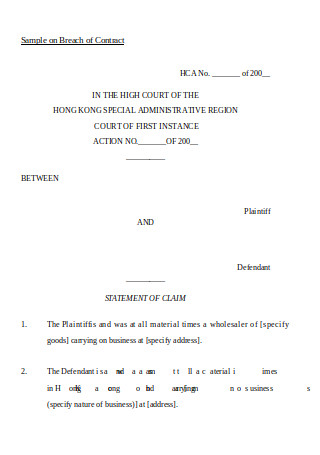
Sample on Breach of Contract
download now -
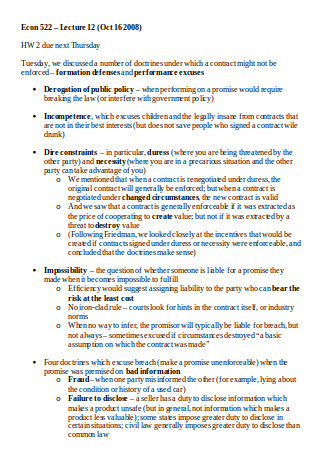
Remedies for Breach of Contract
download now -
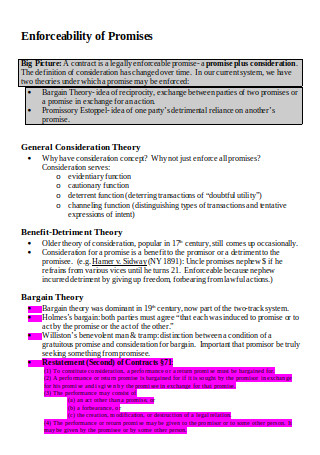
Enforceability of Promises
download now -
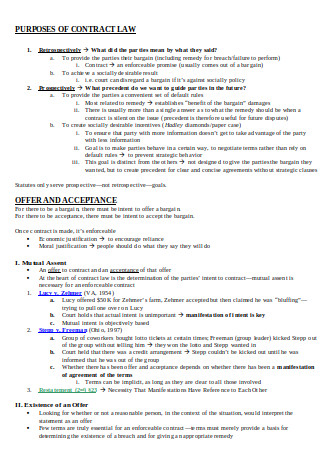
Contract Law Outline
download now -
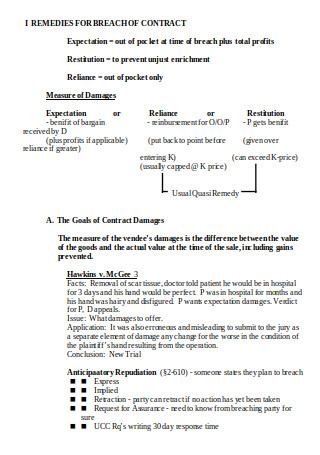
Remedies for Breach of Contract Sample
download now -
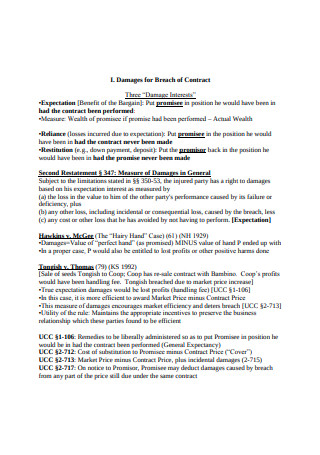
Damages for Breach of Contract
download now -

Breach of Contract
download now -
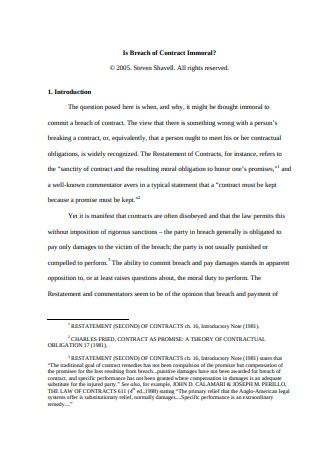
Immoral to Breach a Contract
download now -
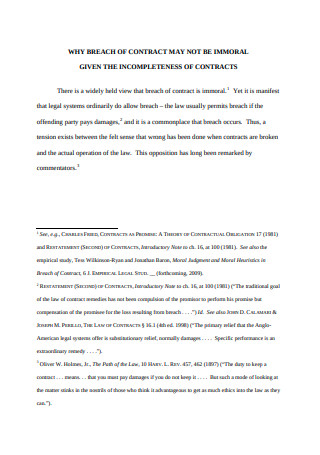
Breach of Contract Example
download now -

Differences of Breach of Contract
download now -
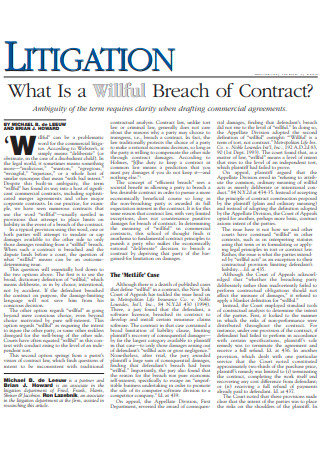
Litigation Breach of Contract
download now -
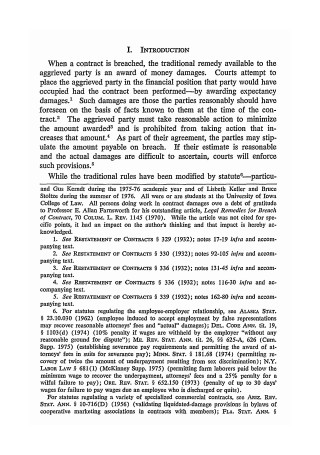
Expectancy Damages for Breach of Contract
download now -
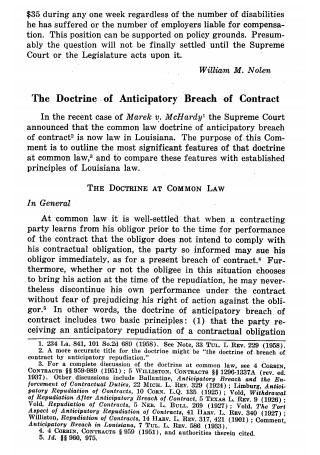
Doctrine of Anticipatory Breach of Contract
download now -
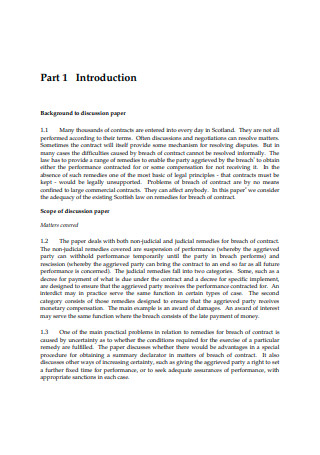
Remedies for Breach of Contract DP
download now -
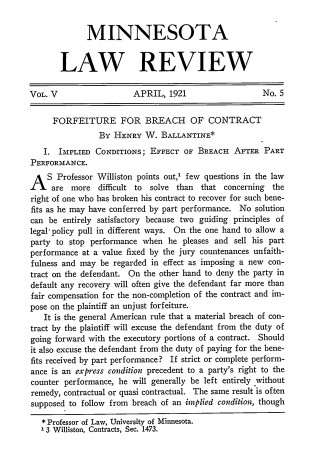
Forfeiture for Breach of Contract
download now -
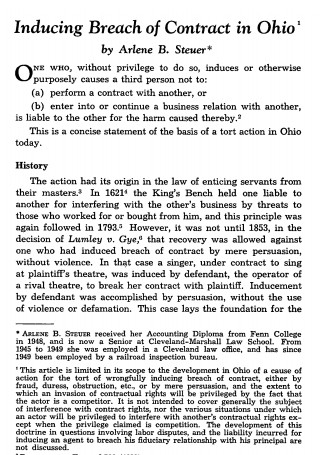
Inducing Breach of Contract
download now -
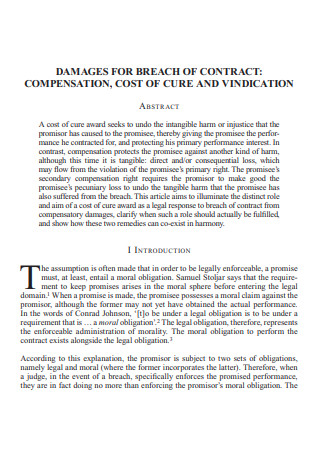
Sample Damages for Breach of Contract
download now -
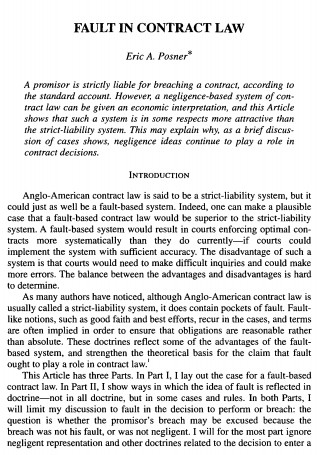
Fault in Contract Law
download now -
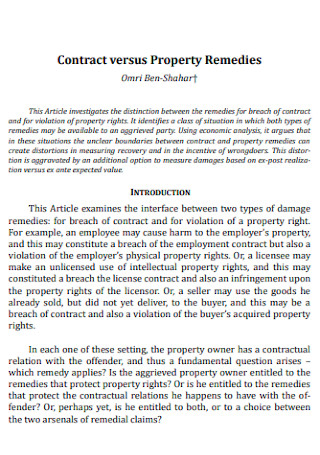
Contract versus Property Remedies
download now -

Anticipatory Breach of Contract
download now -
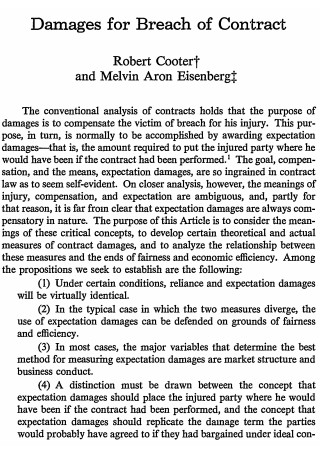
Damages for Breach of Contract in PDF
download now
FREE Breach of Contract s to Download
20+ Sample Breach of Contracts
What Is a Breach of Contract?
Broken Arrangements: Four Types of Contract Breaches
Penalties of Breaching a Contract
How to Know if a Party Violated the Contract
FAQs
Can I terminate my contract before the end date?
Is hiring a lawyer expensive?
What kind of lawyer should I hire for breach of contract cases?
Can I go to jail for breaking a contract?
What Is a Breach of Contract?
Before the emergence of a strong-founded civilization, humans used to live in nomadic tribes wandering vast lands searching for suitable food and safe havens. But the discovery of agriculture changed the direction of these small groups and forced them to stay and thrive in one location. Over the years, developed cities grew large, and the number of human beings multiplied ten-folds. Everything flourished, and people learned to trade with other communities. Even before the first few accounts of authenticated and signed contracts in 16th-17th century Europe, people have been making deals with their fellow merchants, traders, and consumers. With that said, society sees the relevance of contracts in their agreements with other businesses and individuals.
In the best description, a breach of contract happens when one party which would be either one of the groups who signed the binding agreement oversteps boundaries and breaks the agreements written on the document. A contract breach can be negligence on the part of the other business or underperformance from the expected standards. In any way, breach of contract occurs when the party contradicts the written agreement. If the circumstance does happen to a business, they file lawsuits against the other party for the damages of the breached contract.
Broken Arrangements: Four Types of Contract Breaches
Netflix, one of the leading video streaming and media-services providers in the world, has its fair share of lawsuits and controversies over the years. In particular, there’s a significant contract dispute that went on for nearly four years between Netflix and Relativity Media. The production company, in 2016, filed a lawsuit against Netflix for allegedly breaching their contract and causing their bankruptcy. Contrary to that, the streaming giant accused the film company of violating the exclusive agreement by failing to provide the necessary content in the year 2017. They finally settled the conflict in the middle of 2018. Recently, Chooseco—an American publishing company—also filed a complaint against the production company because of the 2018 Black Mirror: Bandersnatch movie. The two sample cases are a nutshell of what different businesses face in the industry, not only in the entertainment sphere.
According to a study conducted by the Bureau of Justice Statistics on court trial statistics, more than 33% of civil cases are a breach of contract lawsuits. On occasion, whenever a party thinks about breaking an agreement, the possibility of a legal dispute arises. So, what are the four types of contract breaches?
Penalties of Breaching a Contract
Every breach of contract case has penalties, whether in the form of payment or another service. But not all contracts were completed through face-to-face agreements; some confirmations are finished digitally. Individuals who join online websites—like Facebook, Google, Yahoo, and LinkedIn—permit the service provider to browse through their private information. Before signing up, the site informs the user about the privacy of the account and other matters. If hackers break through the websites’ system and expose sensitive information, the company has a liability to the customer. That said, Yahoo, the popular web services company, experienced a data breach in 2014 and 2016, which affected more than 500 million users. The affected people petitioned for the tech giant to compensate for the damages of the hack. As finalized, the offended party has a claim on the $117.5 million class-action settlement. Losing that amount can be hard, but not retaining the clients can be tough also. According to a study conducted by Altersec, 97% of Americans see data breaches as unnerving and upsetting. It also included that the cases bring a negative impact on the branding of the business. Besides a lesser number of audiences or lack of confidence towards the other party, what are other consequences of contract breaches?
Monetary Damages
Also known as expectancy damages, the liable party has to pay the aggravated group or individuals with a specific amount of money. It has three types, namely: compensatory damages, punitive damages, and restitution damages. For compensatory damages, the court asks the accountable party to pay the promised profit to the affected party. Unlike the previous one, punitive are less harmful but relevant to the situation. An instance would be misplaced or forgotten documents or files. However, if proven done with malicious intent, it would become a bigger issue. And lastly, the provoked party receives back its capital investment while also acquiring the money taken by the other group through restitution damages. Do note that the court decides the case if the two groups cannot reach a unified agreement with the circumstance.
Nominal Damages
Although there was little to no monetary loss on the side of the distraught group, the breaching party has still broken the contract deals. With this, the court awards the nominal damages to the group, whether it be a dollar or a few hundred. Nevertheless, most companies do this to record the breach done by the other organization.
Liquidated Damages
For this part, the two entities have a precautionary section in their work agreement in case one of the parties breaches the contract. They have an assessment of possible scenarios and include provisions on what specific compensation the partner will receive upon compromised arrangements. The remedy can be money, services, or anything else doable for the part of the two bodies.
Specific Performance
Despite breaking the contract, the party at-fault still has to provide or complete the duty. In specific performance, the court compels the group to continue the obligation until finished. For example, a meat producing company stops providing beef and pork supplies to a restaurant even when the contract continues for two more months. The court can force the producing business to proceed with the work.
Quantum Meruit
Sometimes, there is no available physical contract when the two parties come into an agreement. When that occurs, the party may not know the real price of the work he or she renders for the other group. If that happens, a quantum meruit takes place where the non-breaching and compliant party receives the value of the work completed—given by the responsible company hiring the party.
Cancellation
If a company breaches a contract and wants to end it, the non-breaching party can ask for compensation if the cancellation of the agreement takes place. Instead of calling the agreement off, both can still work together to complete the project. Again, this kind of setup depends on the deals of the collaborating teams.
How to Know if a Party Violated the Contract
“Two heads are better than one”—a phrase that signifies the need for people working together to meet goals. Hence, two entities working together can have great results with the right strategic plan and people. According to The Balance Small Business, almost 70% of business collaborations fail. Besides faulty methods and uncooperative people, trust is crucial in building the relationship between peers. Although some companies give their best, there are still others who overlook the commitment provided by the enterprise. So, what do you need to do when the other party violated the contract?
1. Check the Terms Agreed by Both Parties
Knowing when the partner overstepped some parts of the contract can be tricky. You can never be too sure which one they disregarded or changed. So, to be certain, take time to check the terms and provisions in the contract. Read and double-check before confronting them about the possible breach of contract.
2. Gather Information about the Violation
If you understand that the colleague broke the deal, you have to gather information about the situation. When did it occur? Is it still happening? Who was involved? Did you lose profit, capital, or clients? To what extent was the breach? Can you fix the contract breach? You can interview the people to develop an outline of events.
3. Seek Legal Advice
Do not, at any given chance, go directly to the organization that breached the agreement. Instead, seek legal help to iron out the plan for the situation. Is cease and desist a necessary step? Are termination letters needed in the unfortunate event? Can you go to court for this? After talking with an attorney, you should think about the next steps for the business and the partnership.
4. Contact the Representative of the Party
When drafting the contract breach letter is finished, contact the party and schedule a meeting. A lot of contract breaches start with the two groups discussing the repercussions of the affair and the plausible outcomes. Some pay the compensation rather than go to court, especially when it’s already in the document.
FAQs
Can I terminate my contract before the end date?
Unfortunately, you can’t end the contract before the predetermined end date. But if the circumstances are different, and the other recognizes the need for a premature break-off, then it is possible.
Is hiring a lawyer expensive?
It all depends on the weight of the situation. Some attorneys have higher fees than others. Importantly, if the position you’re in requires the help of a specific type of lawyer, do get one.
What kind of lawyer should I hire for breach of contract cases?
When caught in a rift, you need to hire a civil litigation attorney. For better understanding, civil litigation is a procedure that oversees non-criminal related cases, like breaches of contracts and accidents. With that, a civil litigation lawyer takes on the case to settle the demands of the aggravated party.
Can I go to jail for breaking a contract?
Technically, no. Since it’s civil litigation, there are no criminal charges—only the settlement of damages for the provoked entity. But, if a contractor committed a crime, for instance, falsifying records, embezzlement, and “theft by deception,” the individual will go to jail.
Once you break someone’s trust, earning it back may take time. But it’s still possible. However, in any business, trust is a fragile and important thing. Obtaining the confidence of prospective audiences, business partners, and investors take time, resources, and effort. So losing them means depriving the enterprise the opportunity to develop. And that is why companies have to be careful about decisions they approve which would include preparing themselves with knowledge for different business situations.
